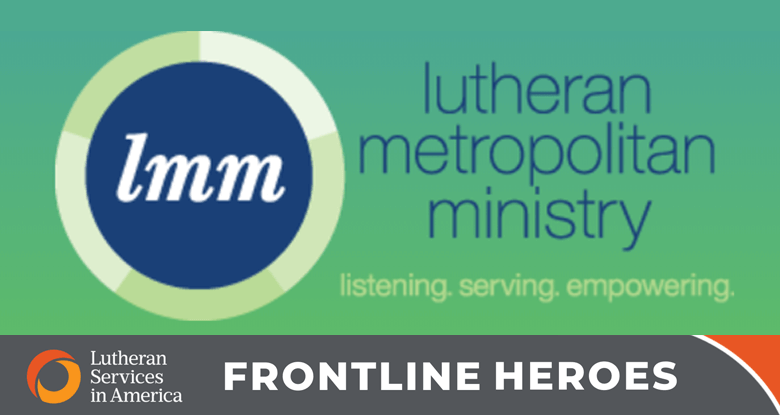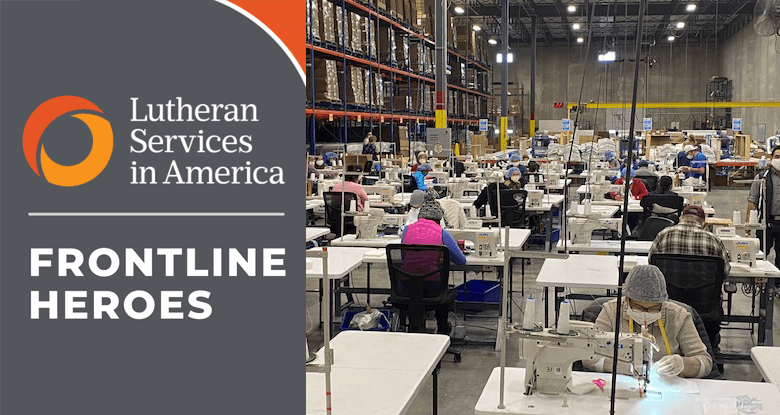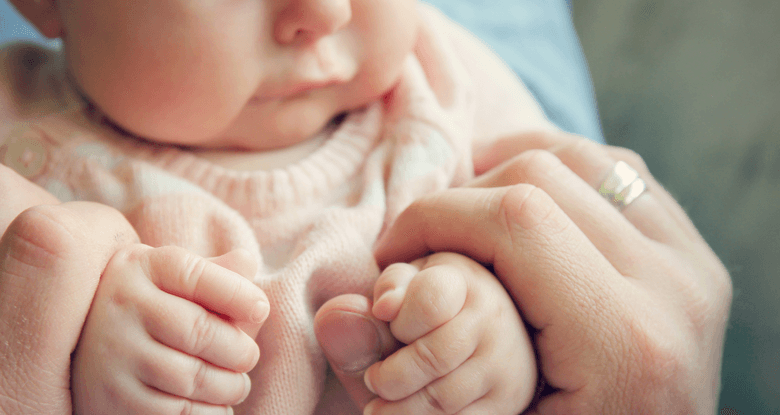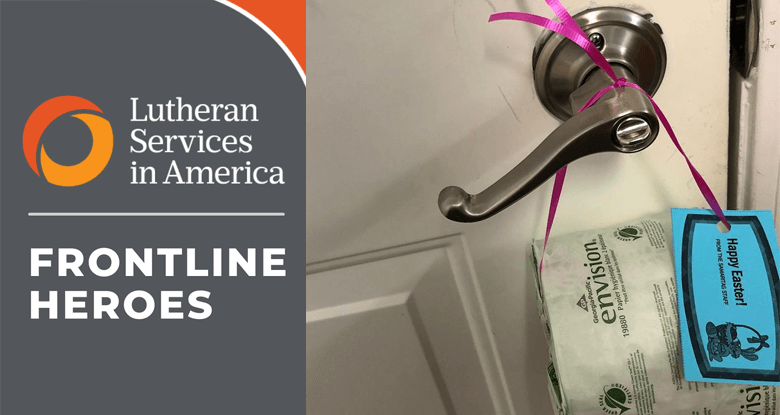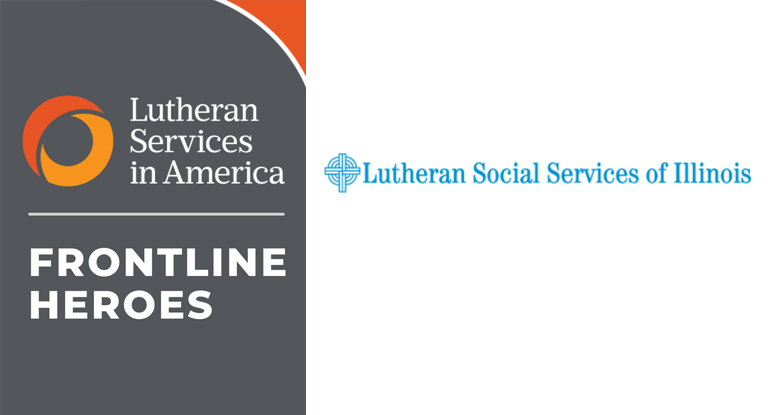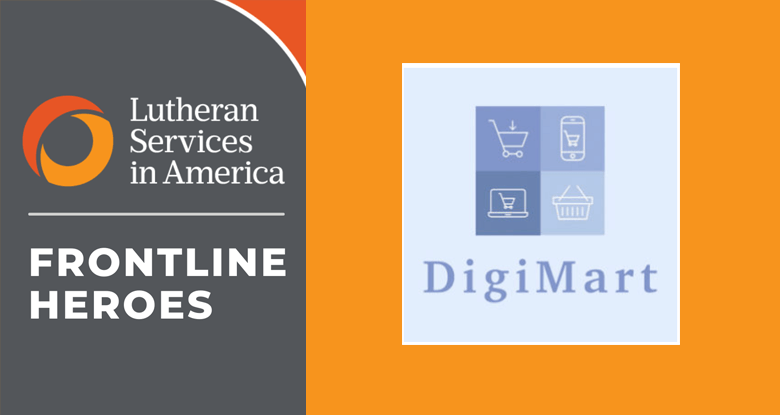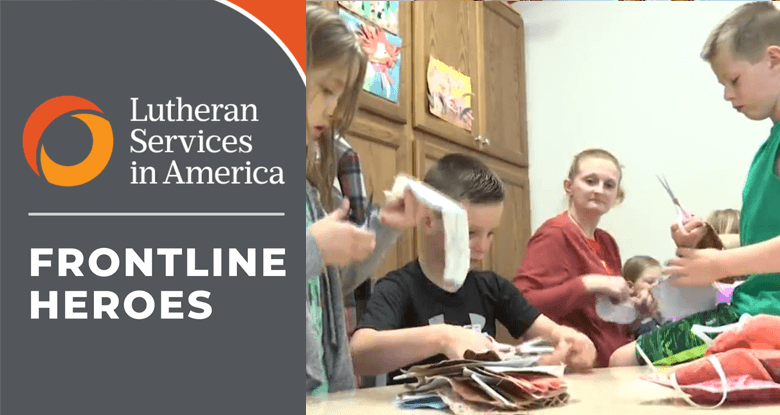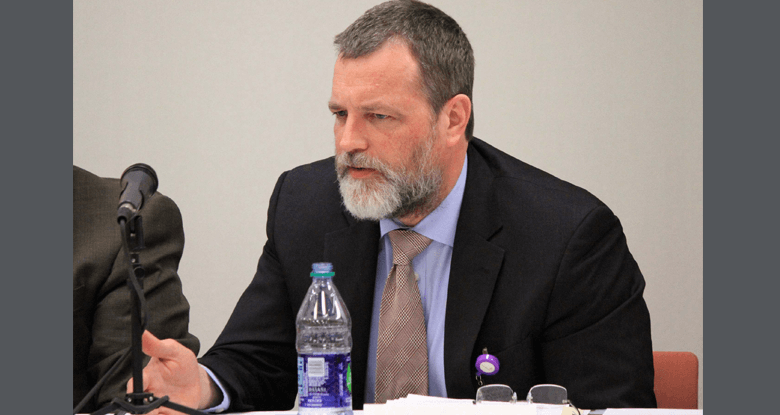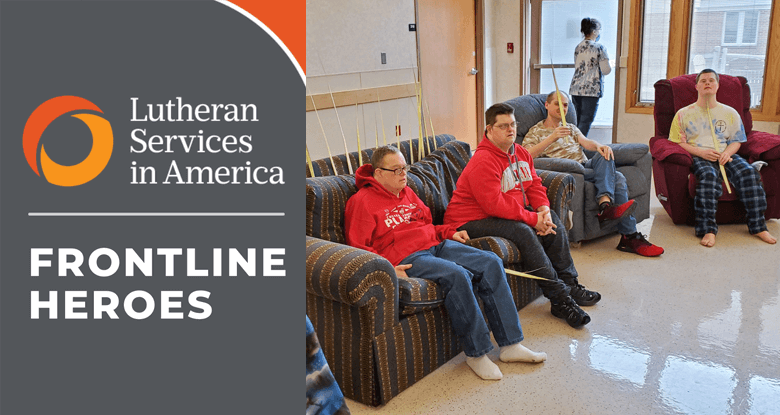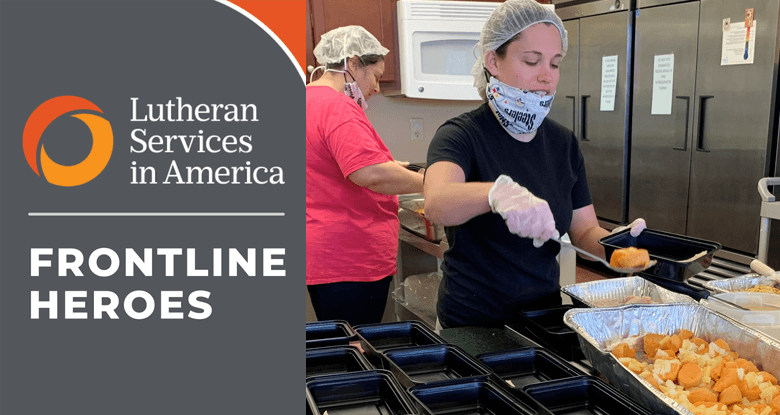A Q&A with Wartburg President and CEO Dr. David J. Gentner
We all are struggling with the COVID-19 pandemic, which is creating unprecedented challenges for people, health professionals, and organizations alike throughout America. We sat down for a Q&A with Wartburg President and CEO Dr. David J. Gentner to get his thoughts on much-needed work Wartburg professionals have underway when it comes to caring for people at their most vulnerable, the importance of related reporting, and seamless communication with people affected during this crisis.
Q: CAN YOU GIVE US AN IDEA OF WARTBURG’S PLACE IN COMMUNITY COVID-19 CARE?
A: Wartburg is operating in a region that has become the epicenter of the nation’s Covid-19 pandemic. As the deadliest pandemic in a century sweeps through the region, Wartburg is working tirelessly to play a key role in protecting the population it serves, most of whom are elderly, or suffer from underlying medical conditions and at high risk should they become infected with Covid-19, the disease caused by the novel Coronavirus.
This critically important effort is taking place on many fronts, because Wartburg serves a diverse population along the post acute senior care and housing continuum. In the best of times, the community depends on Wartburg as a service care and housing service provider, employer, and source of information. In the current crisis, Wartburg has become even more indispensable.
Q: WHAT DO YOU SEE AS WARTBURG’S ROLE IN CARING FOR COVID-19 PATIENTS IN THE COMMUNITY?
A: As hospital capacity was a well-documented concern, we were proud to be able to receive a continuing flow of COVID-19 patients from area hospitals early in the pandemic. It was inconceivable to close our doors to people infected with the virus. We did this in consultation with the epidemiology office of the New York State Department of Health, and created isolated units separate from the rest of the facility.
Wartburg’s Medical Director and Administrative staff provided valuable guidance on this transition, and monitored its implementation and ongoing operations. Prior to any internal moves, families were updated on their resident’s condition and notified of that person’s transfer.
Q: WHAT CAN YOU SAY ABOUT THE REPORTING OF COVID-19 CASES IN THE COMMUNITY?
A: Epidemiologists are working with a variety of sources to ensure they have efficient and timely sources to help calculate infections as a result of the COVID-19 pandemic, and Wartburg is working daily with public health officials to ensure all reporting standards are met. As reported cases of COVID-19 continue to grow throughout southern Westchester, good data are more important than ever. Testing, however, is still an issue in the greater community, as we are in the fifth-largest population density in the state with approximately 14% of the population over age 65, and there is not a satellite testing facility in Mount Vernon. This makes Wartburg’s efforts related to reporting COVID-19 positive or even presumed positive cases paramount, as it may help with regional supplies of personal protective equipment and testing resources, well documented to be rationed and in extremely short supply.
We believe case numbers are a critical piece of information to help determine supply prioritization, and we’ve made sure to do our part. While we strive for transparency, when it comes to patient confidentiality all providers are bound by federal guidelines under the Health Insurance Portability and Accountability Act (HIPAA), which protect the individual privacy of our residents, in their homes, who may not want their condition known.
Family communication is essential, however, and our clinical staff follows all established federal and state laws in notifying families and responsible parties of any change in the medical condition of their loved ones. We will continue to communicate all updates to constituents through a multitude of internal communication channels including on-going updates via our webpage and social media. All of our communications also include opportunities for questions and recommendations, both internally (via Wartburg’s Employee Health Hotline, and Corporate Compliance Hotline), and through New York State complaint options such as the New York State Regional Office of the Ombudsman, as well as the New York State COVID-19 portal.
Q: ANY ADDITIONAL THOUGHTS TO ADD?
A: We are heartened that at this time that the number of new positive cases is decreasing, many long-term residents are recovering from the virus, and some post-acute patients are returning home. Also, staff who have been sick are eager to return to service after their medical clearance. This gives us hope.
Our deepest sympathy, thoughts and prayers are with the families of those who have passed away from the COVID-19 virus, a virus that disproportionately and virulently affected those in our community of advanced age and frailty. We are deeply saddened by this collective loss. Yet our commitment to service is unwavering, and we are tremendously grateful for the outpouring of support from families and the greater community who have offered supplies and words of encouragement, particularly for the heroic staff who have worked so tirelessly during this time.
